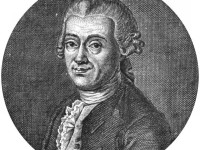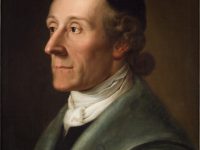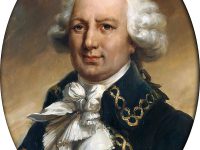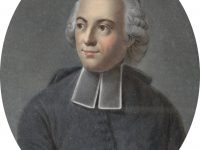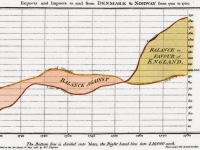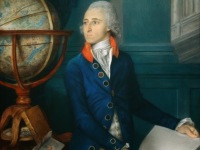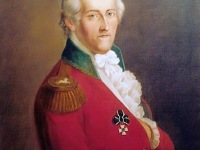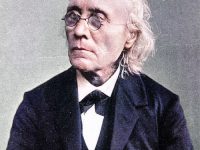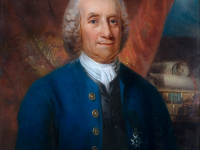Johann Daniel Titius and the Titius-Bode Law
On January 2, 1729, German astronomer Johann Daniel Titius was born. He is best known for formulating the Titius–Bode law, a hypothesis that the bodies in some orbital systems, including the Sun’s, orbit at semi-major axes in a function of planetary sequence. The formula suggests that, extending outward, each planet would be approximately twice as far from the Sun as the one before. The hypothesis correctly anticipated the orbits of Ceres and Uranus,…
Read more

